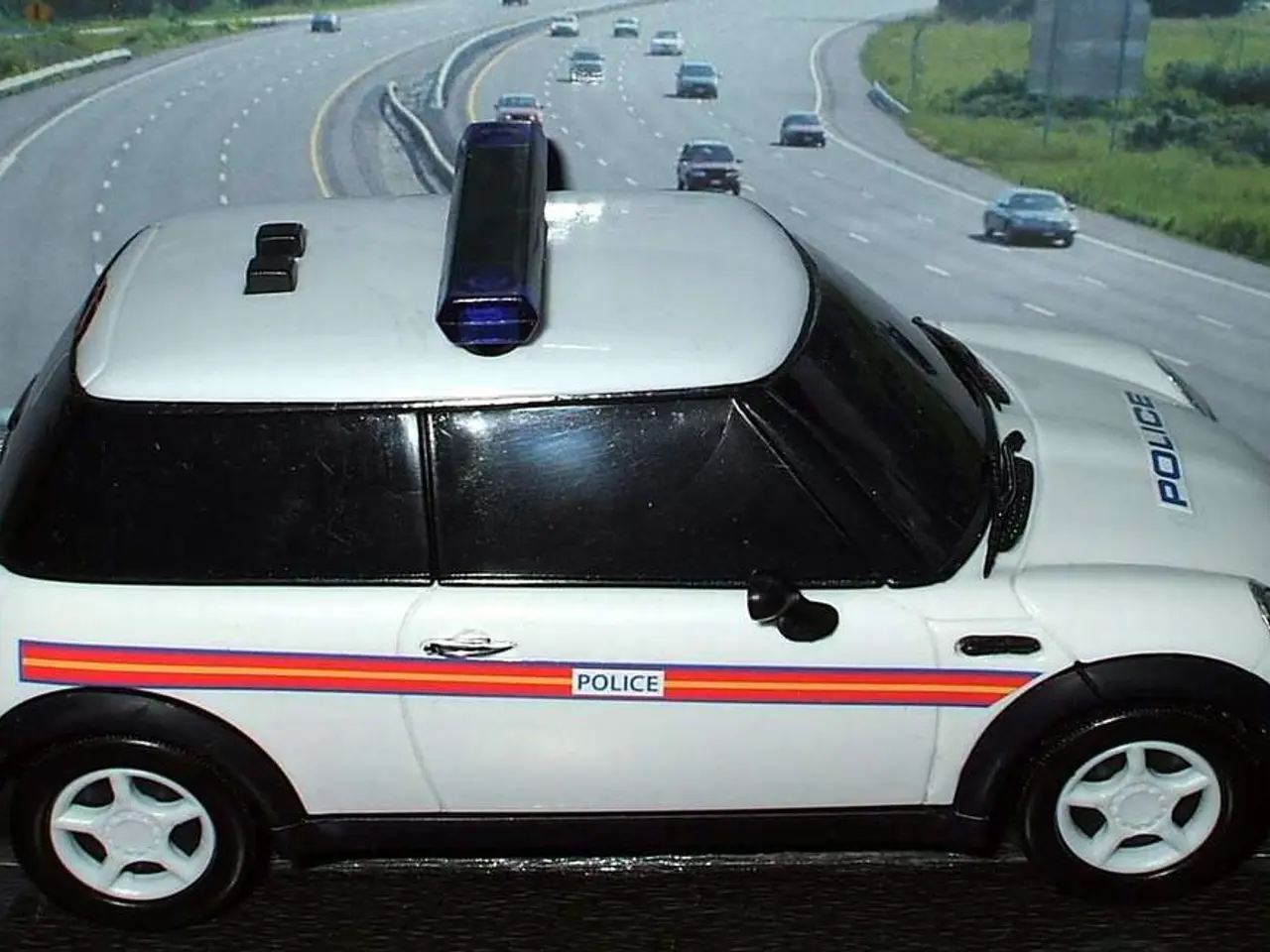Chicago mayor thwarts Trump's urban immigration enforcement strategy
In a bold move, Mayor Brandon Johnson of Chicago has pushed back against the Trump administration's plan to surge federal officers into the city. The potential influx of federal agents, as insists the White House, is aimed at "cracking down on crime". However, Johnson accuses President Donald Trump of seeking a federal presence in blue cities as retribution against political rivals.
The federal surge into Chicago could commence as early as September 5 and last about 30 days, according to two unnamed US officials. Yet, neither Chicago nor Illinois officials have been consulted on this matter, Johnson claims.
Johnson has taken a firm stance against the federal presence in the city. He signed an executive order that bars the Chicago Police Department from helping federal authorities with civil immigration enforcement or related patrols, traffic stops, and checkpoints during the surge. This move reaffirms Chicago's longtime stance against the federal presence in the city.
Moreover, Johnson has blocked Chicago police from wearing face coverings to hide their identities, a practice commonly adopted by most federal Immigration and Customs Enforcement officers. He accuses Trump of behaving outside the bounds of the Constitution and characterizes him as the biggest threat to democracy in the history of the country.
In response to Johnson's actions, White House spokeswoman Abigail Jackson stated that if Democrats focused on fixing crime in their cities, their communities would be safer. Johnson, however, demands that Trump stand down on the plans for a federal presence in Chicago.
Unlike the recent federal takeover of policing in Washington, DC, the Chicago operation is not expected to rely on the National Guard or military. Instead, the immigration crackdown in Chicago is part of a larger effort to expand the federal law enforcement presence in major Democratic-run cities.
In a show of solidarity, Johnson directed all city departments to guard the constitutional rights of Chicago residents amidst the possibility of a militarized immigration or National Guard deployment by the federal government. As the standoff between the city and the federal government continues, the future of law enforcement in Chicago remains uncertain.
Read also:
- Tobacco industry's suggested changes on a legislative modification are disregarded by health journalists
- Trump's Policies: Tariffs, AI, Surveillance, and Possible Martial Law
- Uncovering Political Ad Transparency: A Guide to Investigating opponent's Political Advertisements in the Digital Realm
- Elon Musk praises JD Vance's debate performance against Tim Walz








